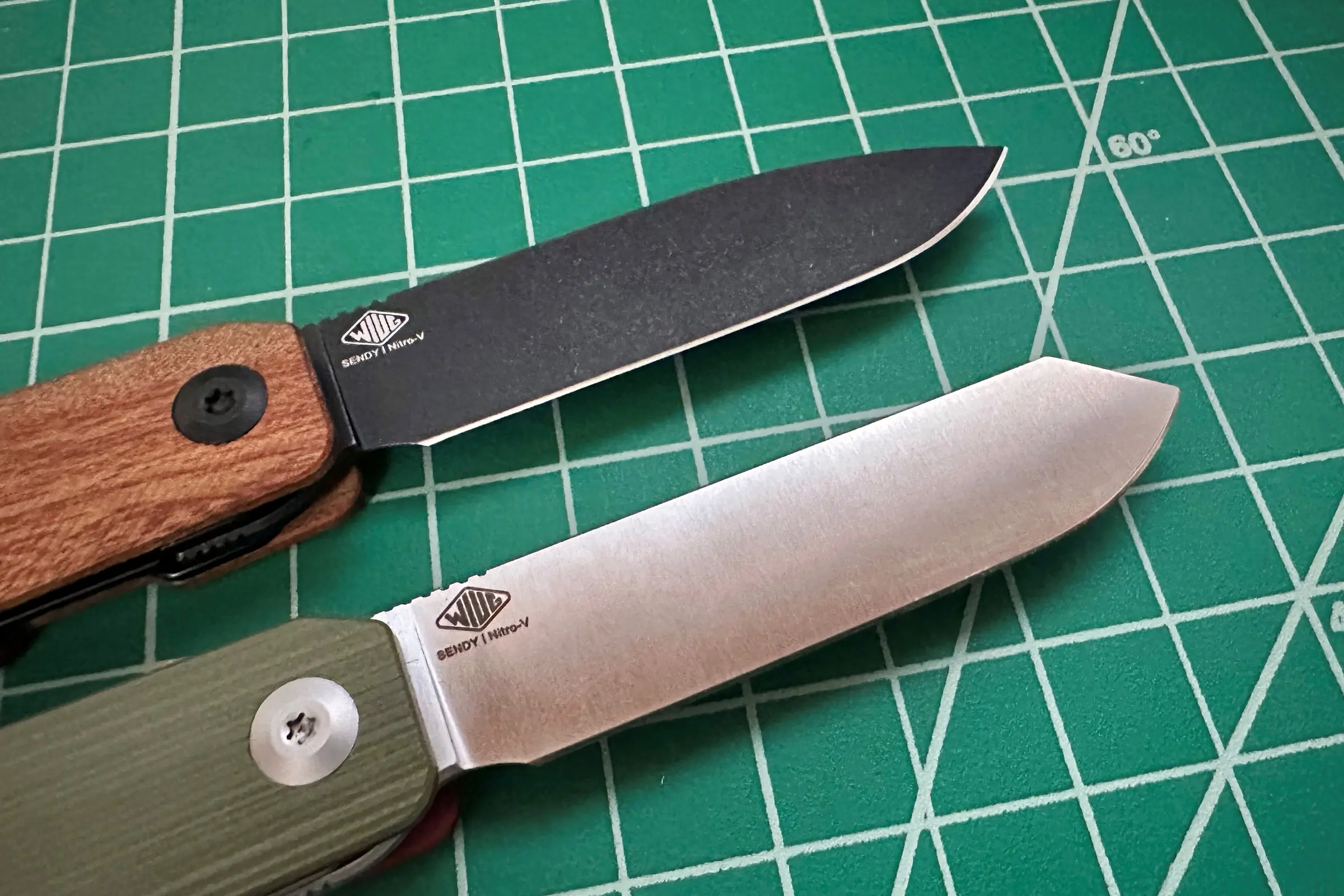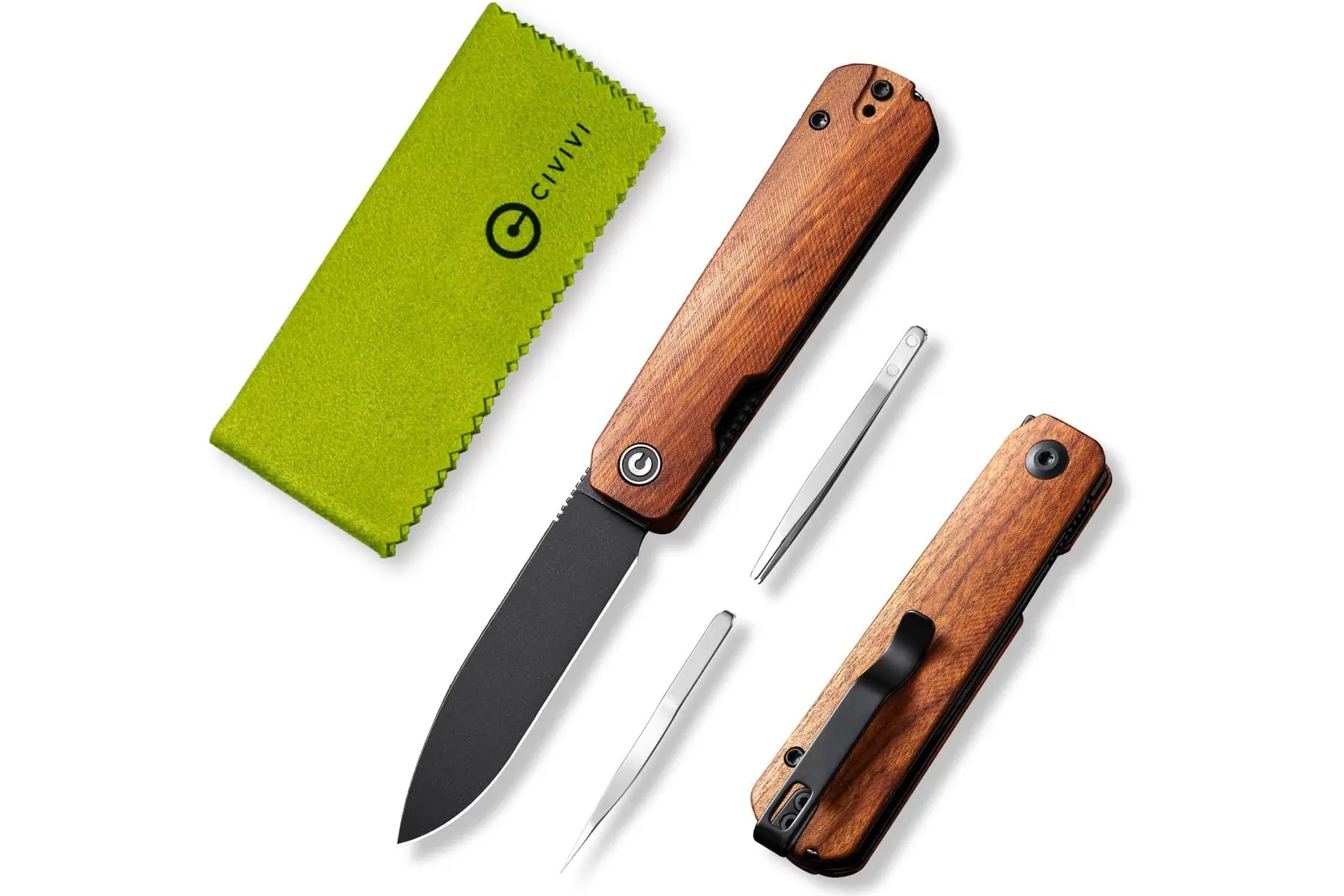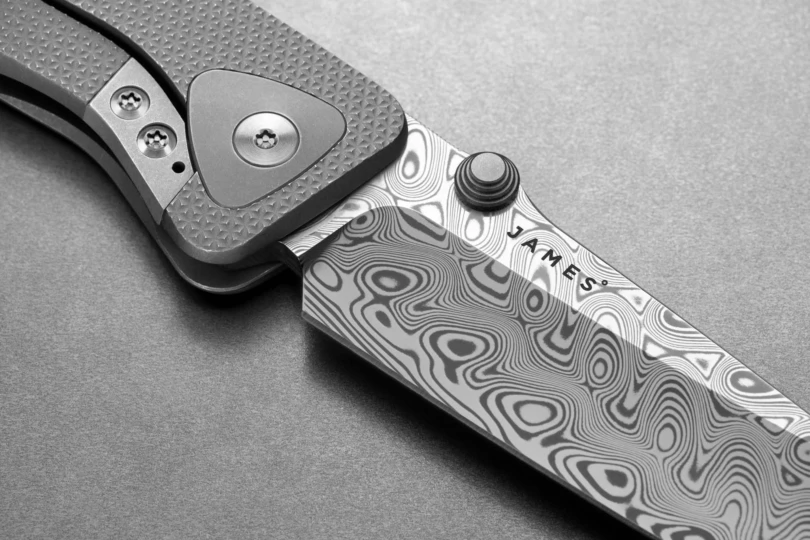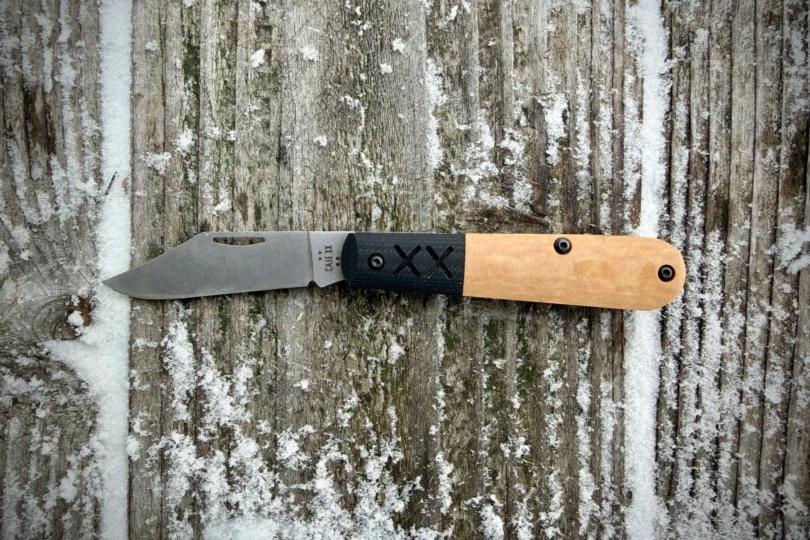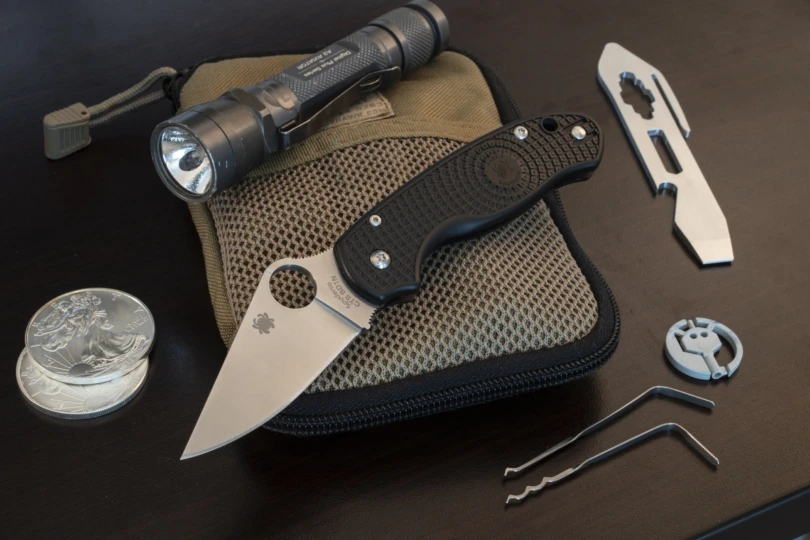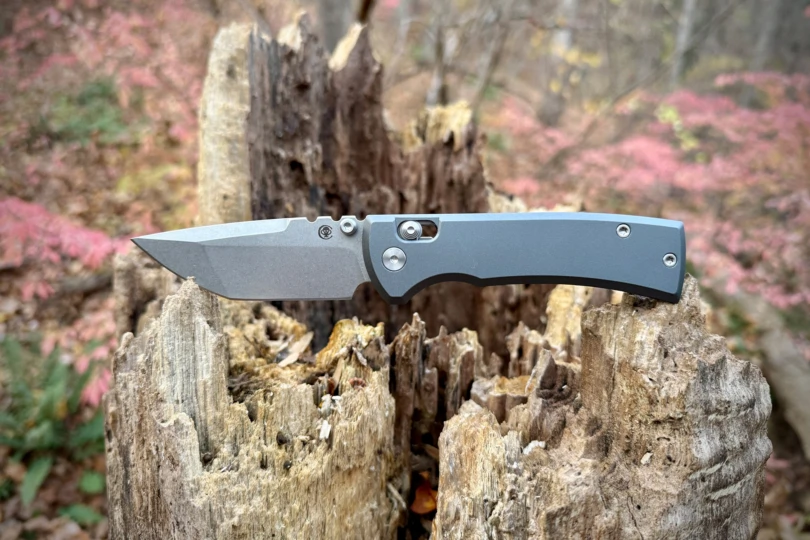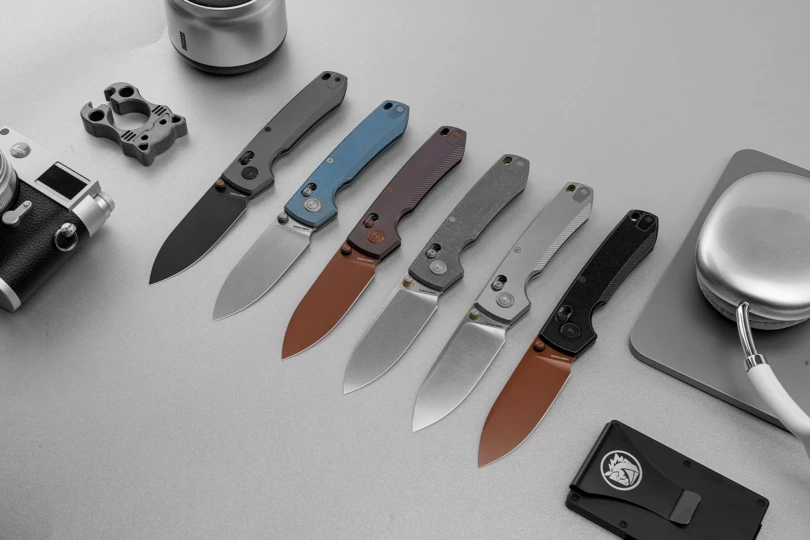We live in a fast-paced society where our attention spans have been decimated by years of scrolling through social media posts. Where we once would spend our mornings sipping coffee and reading the newspaper, we now stare blankly into our phone screens to absorb the highlights and push on through our day.
I’m not complaining. Really. Writing for a living requires me to soak up a lot of information from a lot of different sources. It’s a lot of skimming by nature. I even read to fall asleep. To remedy this, I head out into the woods.
Forever my salvation, a good hike or camping trip has always presented me with the opportunity to slow down and get lost in the details. However, over the last year, I have found myself fitting these sabbaticals in between other events in my day.
Sure, I’m still having a good time out there. But I haven’t been able to fully disconnect.
Then I received a box from Utah with two lemons, a bag of seasoning, and a cedar plank emblazoned with “Feelin’ Sendy.” Centered on that plank were two CIVIVI Sendy pocket knives. Additionally, there was a letter from Ben Petersen and a recipe for Plank Salmon. It stopped me in my tracks. But that was just the beginning.
In short: If you’re looking for a lightning-fast and reliable knife to keep you grounded on the trail, either one of these Sendy knives will do the trick. However, speaking from experience, this would be a great opportunity to try out the uncommon but effective Spey blade shape.
- OAL: 6.5”
- Blade length: 2.75”
- Blade steel: Nitro-V
- Blade shape: Spey point / Drop point
- Grind: Flat
- Hardness: 58-50 HRC
- Lock type: Liner lock
- Carry: Deep carry, left or right hand, tip-up
- Weight: 2.6 oz.
- Price: $63-66
Pros
- Traditional design with updated materials and features
- Spey blade profile
- Nitro-V steel
Cons
- The tweezers need a finer point for grasping slivers, small items
CIVIVI Sendy Pocket Knives: Review
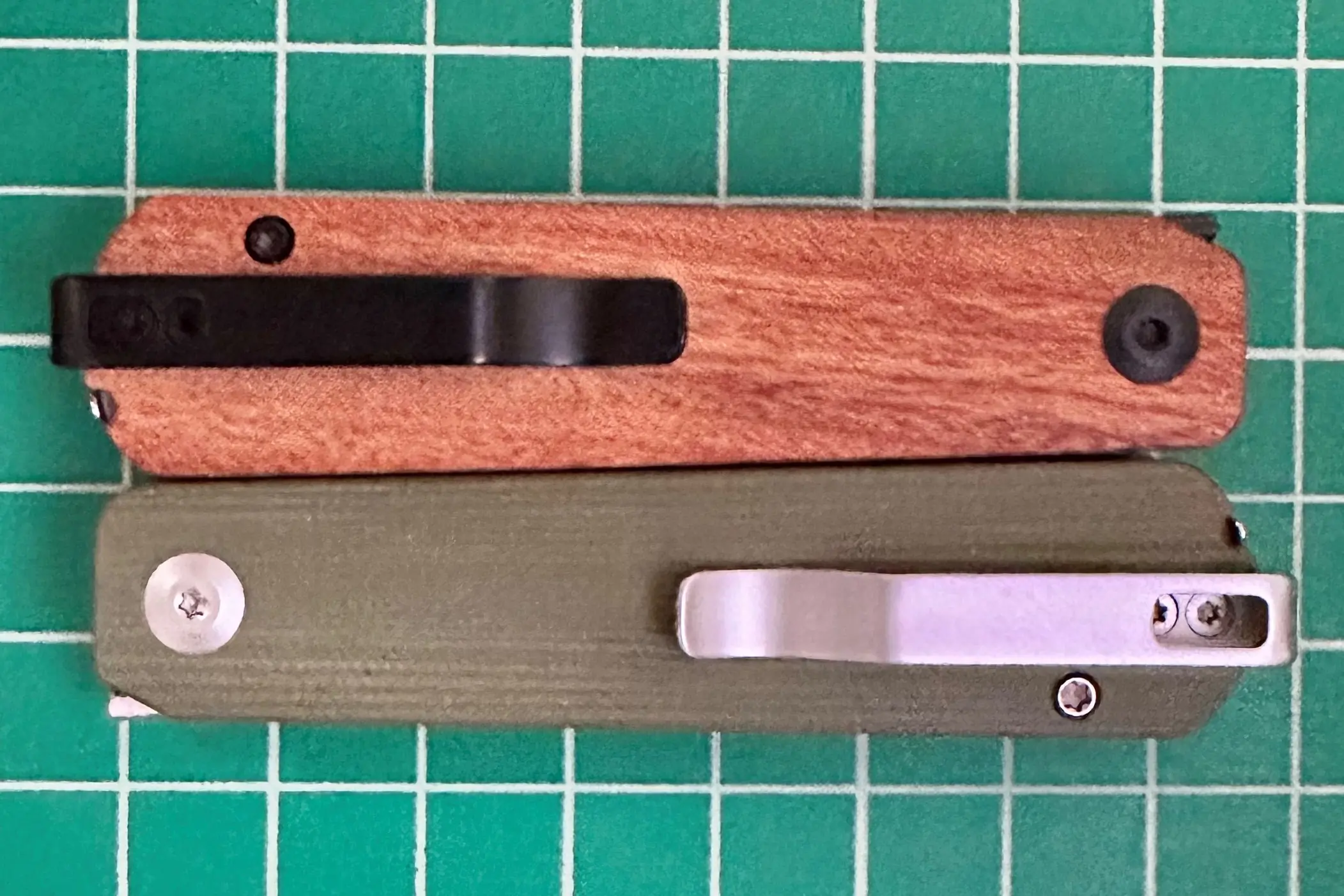
Design and Features
The Sendy is a series of four, traditionally styled flipper-style pocket knives. All four variations share the same dimensions and feature Nitro-V steel, stainless steel liners, and a deep carry pocket clip.
Additionally, all four Sendy variants use caged ceramic ball bearings for an extremely fluid opening, a liner lock, and two added accessories — a pair of tweezers and a toothpick, both made from stainless steel.
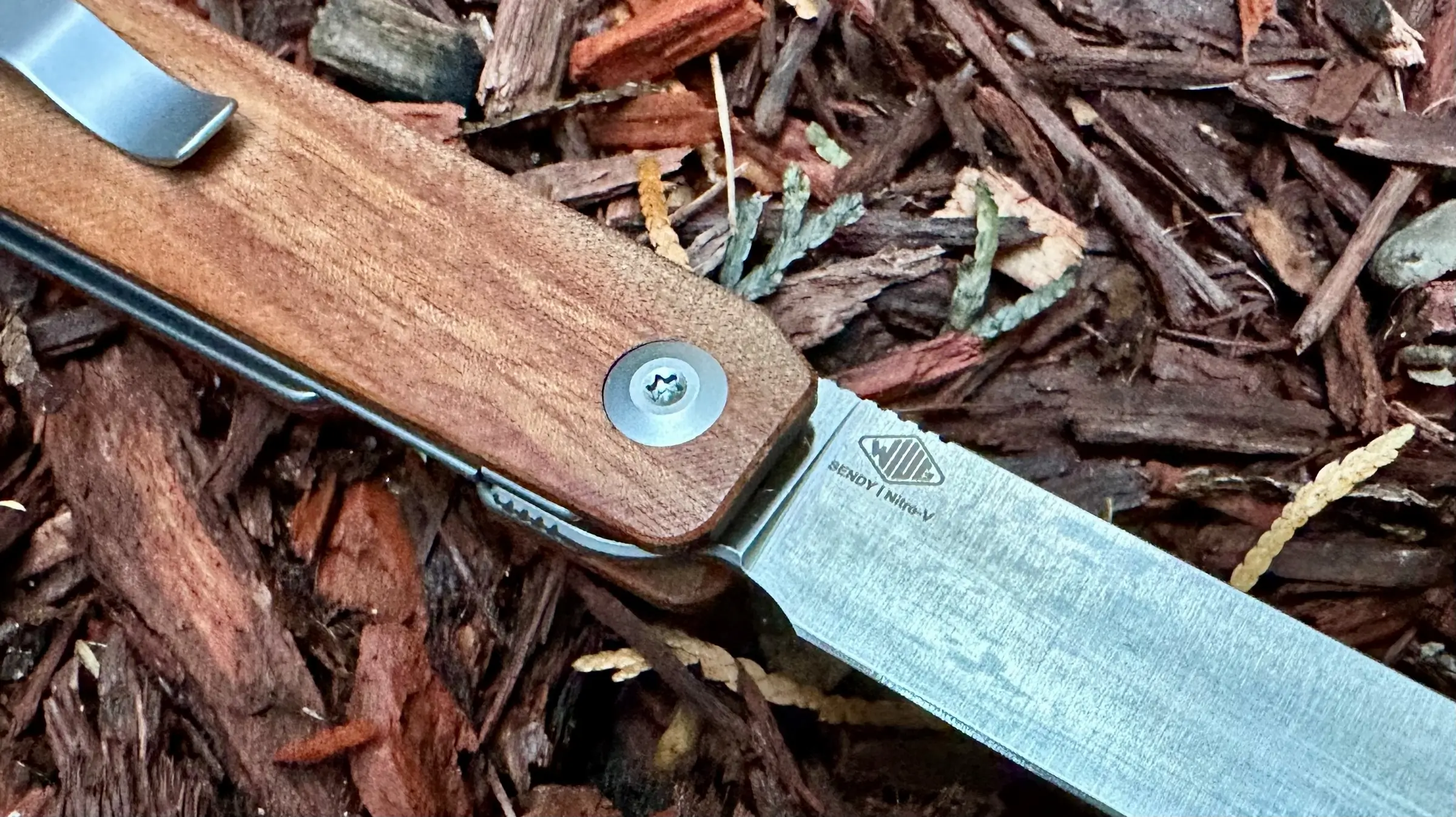



The differences between the four available models are in the blade shape, blade finish, and handle material:
- Spey Point, Green MIlled G10
- Black Stonewashed Spey Point, Black Milled G10
- Drop Point, Green Micarta
- Black Stonewashed Drop Point, Guibourtia Wood
I was sent the Spey Point and G10 combo as well as the Black Stonewashed Drop Point and Guibourtia Wood combo. I opted to test the Spey Point variant because those blade profiles are less common in the knife world these days. If you’ve never used a knife with a spey blade profile, I highly recommend it. Now is your chance.
I’m stoked to see Nitro-V being used here as well. CIVIVI has really embraced the New Jersey-based stainless steel and I really wish more brands would. However, it looks like MagnaCut and 14C28N are going to take center stage for 2024.
First Impressions
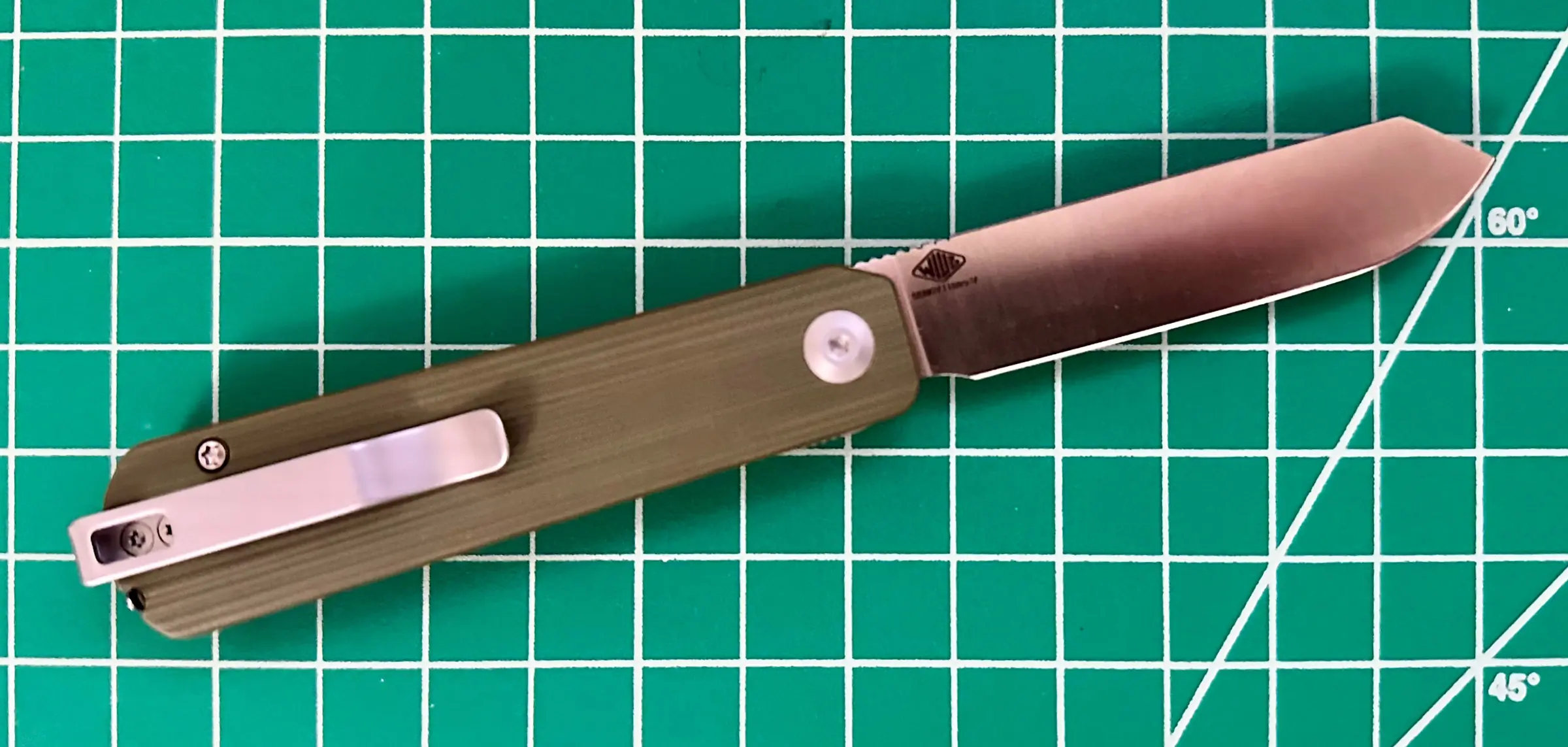



I first heard about the Sendy somewhere last May when it was called the “Cedar.” So, if you see references online to a CIVIVI Cedar, these are the same knives. There was an issue with trademarking, which caused the name change. In perfect Petersen form, there’s a great story behind the new name. That can be found here.
The Sendy harkens back to a slower, simpler time where you might find yourself rocking away on your front porch, with a cold oat soda, watching the sunset. Inspired, you pull a block of wood and your trusty pocket knife from your pockets and begin whittling. A loon can be heard off in the distance because, of course, there’s an ethereal pond waiting to greet that sun as it sets.
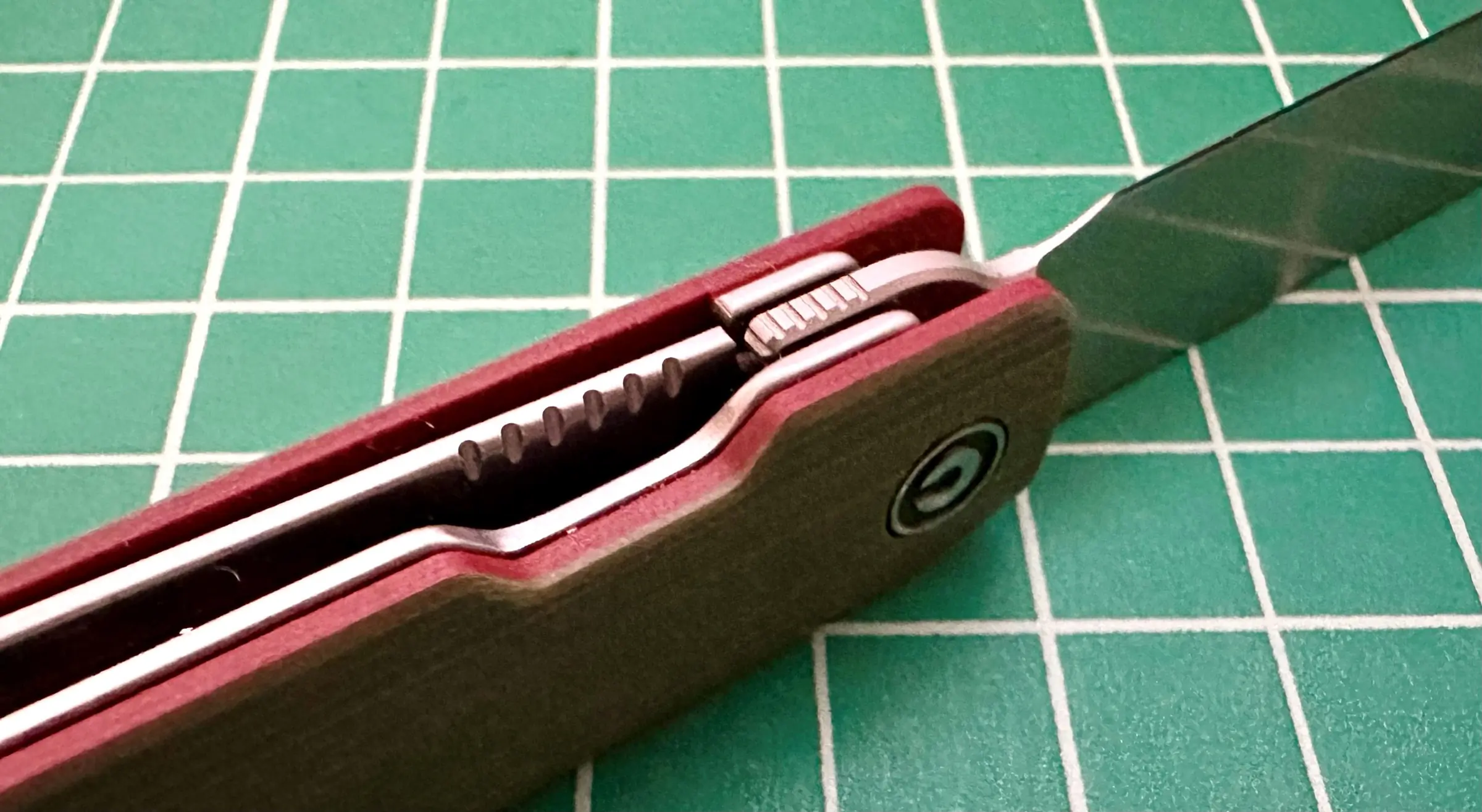



The Sendy is that pocket knife. Fat at the butt to fill your palm and tapered at the top, it’s the knife your grandfather carried every day, working on the farm or at the factory — updated with modern materials and mechanisms. It opens with a fierce and fast fluidity but reminds you to slow down, soak in the details, and harvest the day.
The addition of the stainless steel tweezers and toothpick are chef’s kiss. They remind me of one of the first Swiss Army Knives I had as a kid … a time of wonder and wandering. But here I am at 42 being reminded that I need to take more time to wonder and wander.
In the Field
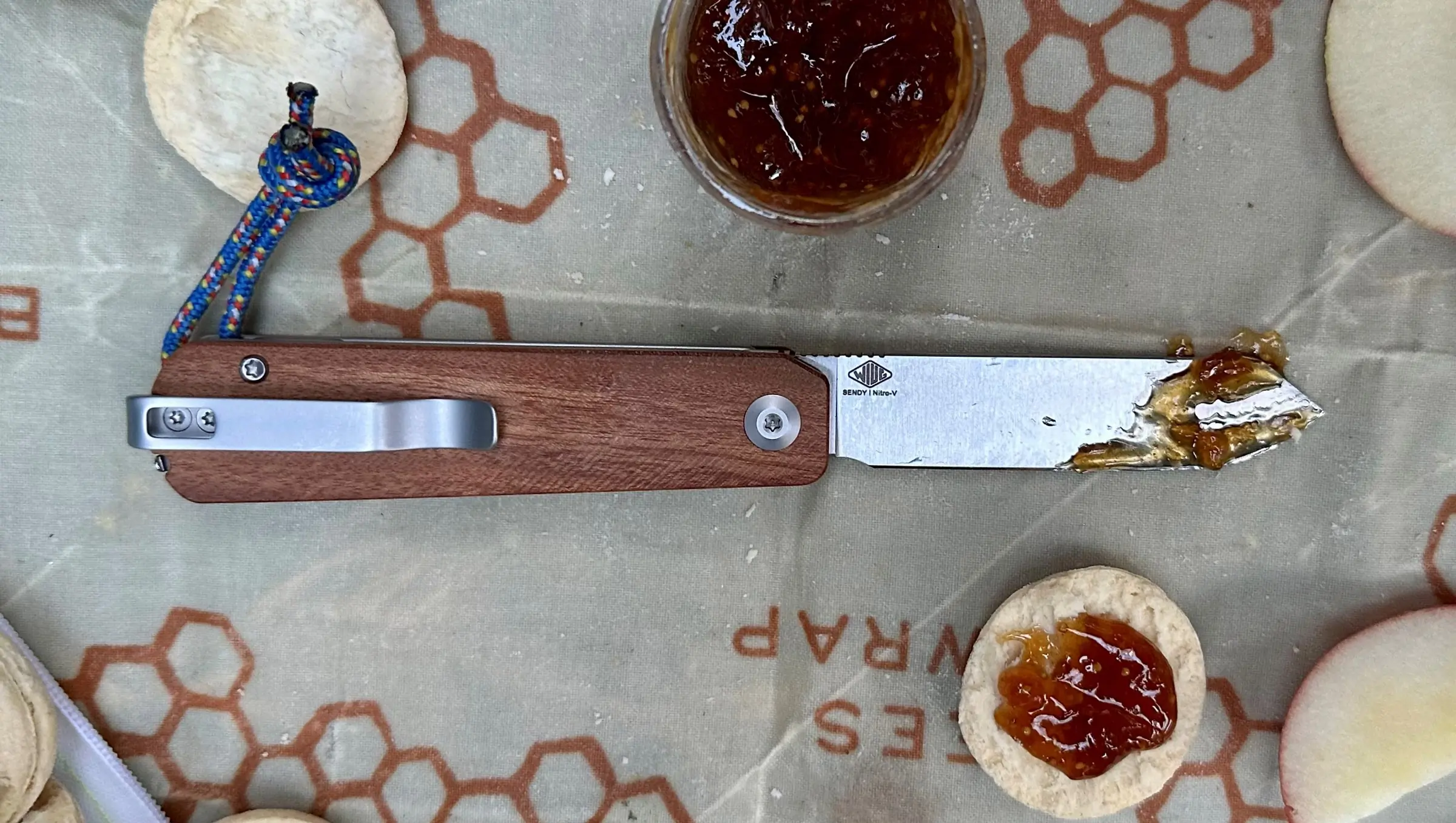



Spey point blades are designed to slice without puncturing. I like to think of them as being just as universal as a drop point blade, with a bit of safety baked in. Though they still feature a tip, it’s more subdued. So, where you can slice an apple with the belly of the blade, and use the tip to pick a piece up, the spey shape is also a great profile for spreading fig jam on crackers.
I know that’s wicked specific. But, I love sliced apples and fig jam spread on crackers this time of year. I save the Probars for my summertime trailside treat. The one thing I don’t love about fig jam is the seeds. Thankfully the Sendy has a toothpick built in!
Aside from that personal tidbit, the slim profile of the Sendy allows it to fit in your hand and let your thumb or finger index on the spine jimping on the blade effortlessly. Aside from food prep, this is great for processing smaller kindling to get a fire going at camp. It’s also good for processing small game where when you’re skinning the animal, you need to take care to not knick or puncture internal organs and ruin the meat.
I didn’t process anything more than some summer sausage I brought back home from Vermont a few weeks back with the Sendy. But, after a long, cold day in the woods, squirrel, prepared the right way, is delicious. Recipe below.
You’ll note the subdued flipper tab on the Sendy. It’s small and streamlined, but by design is easy for your fingertip to grab and deploy the blade.
Pricing
The Sendy is officially being made and offered by CIVIVI, but they are also being offered on the Knafs website, Blade HQ, and Amazon. Currently, the pricing on the Knafs site is around $10 less than the CIVIVI site. I don’t know if that’s a mistake or not, but if you want to save some clams on an already underpriced knife, you know where to go.
Customization
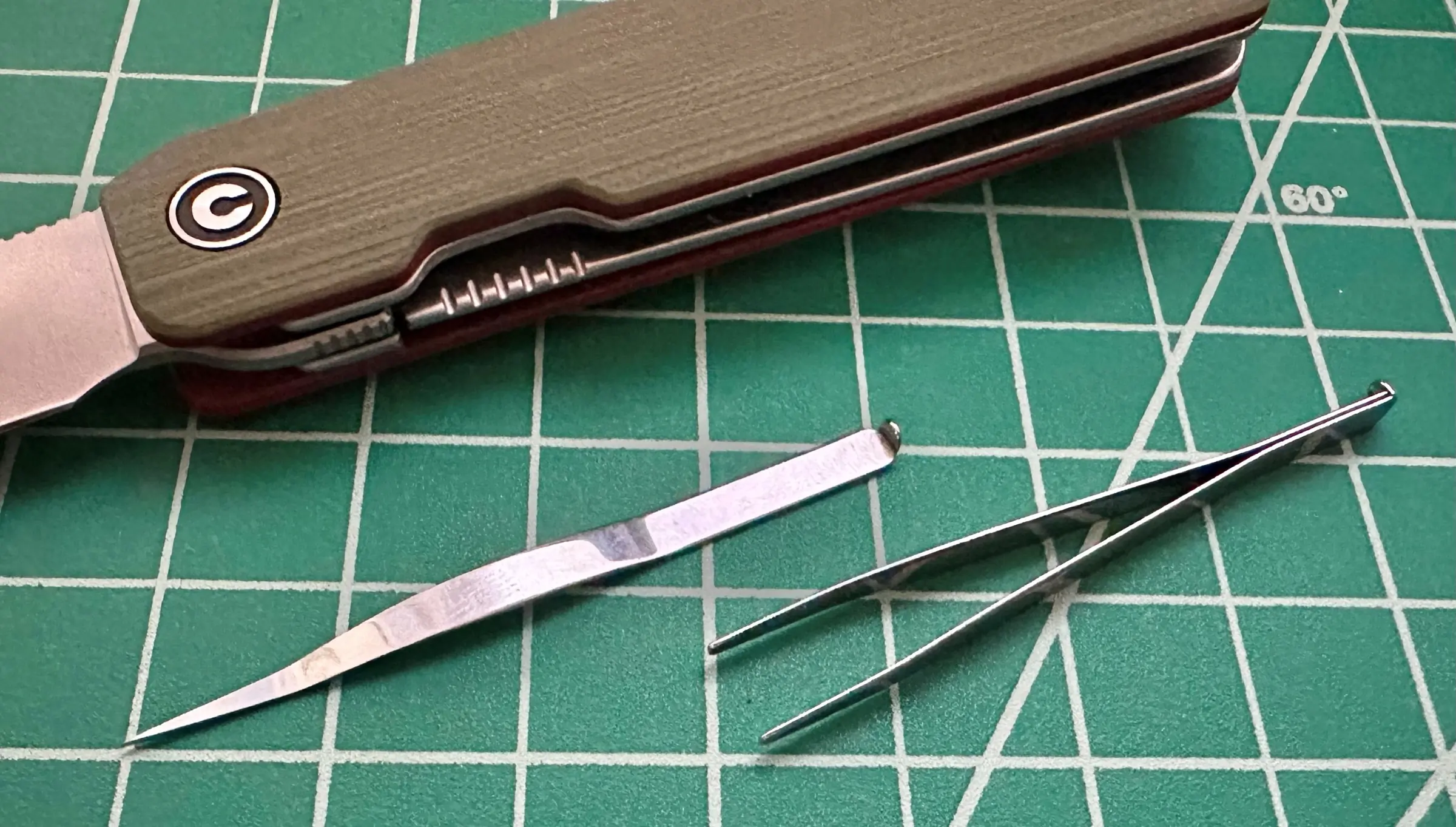



With his Lander series of knives, Ben Petersen has urged people to grow their own handle scales. He even offers up the CAD files so you can 3D print them. In that, Petersen has created a little bit of a beast inside some of us.
He doesn’t offer that option with the Sendy. However, being that I was sent the two versions to test, I felt compelled to make some changes. I love the look and feel of the milled and textured mixed with the satin-finish blade, hardware, and pocket clip. But, swapping out the G10 for the Guibourtia wood really made it pop for me.
Note: Guibourtia is an evergreen tree from South America. The wood is generally sold here as Bubinga, and it loves soaking up the sweat and oil from your hands. This not only looks nice, but it also increases the grip.
CIVIVI Sendy Pocket Knives: In Conclusion
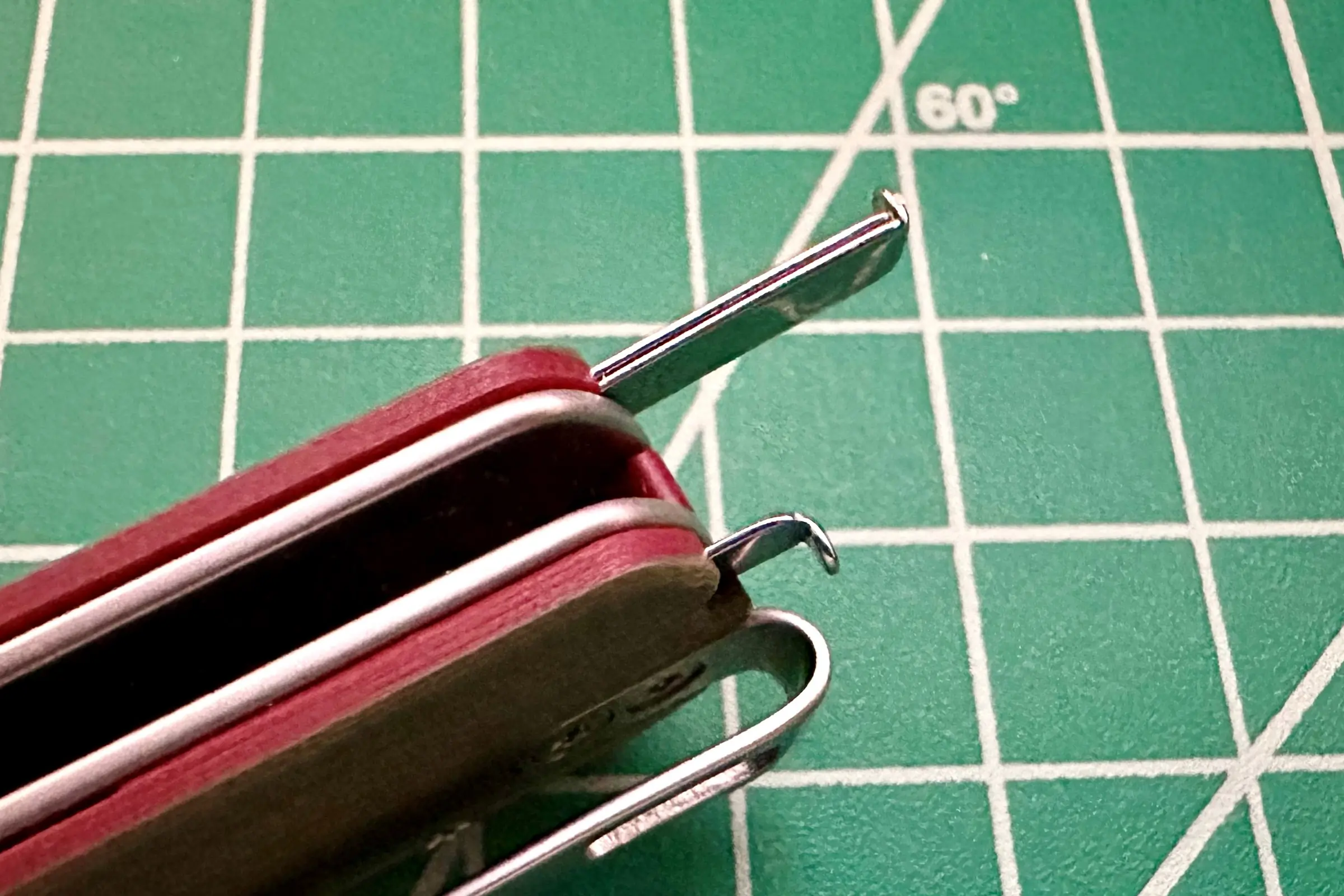



I was never a Boy Scout. I was ahead of their game when it came time to become part of it. But, if I were, the Sendy would be the knife I would want when I got older. Why? Well, just like how it reminds me of the knife my grandfather carries, it feels to me like the Sendy is the traditional Boy Scout knife, all grown up.
When I first got my hands on it, I really wanted a screwdriver on it to really send that Swiss Army Knife feeling home. But, as I spent time in the woods and at home using it, I never yearned for anything more than what it was.
To me, the Sendy represents something more than a knife. It’s a chance to take a pause and appreciate everything around you. You’ll understand what I’m getting at when you put one in your pocket.
So! If you’re looking to slow down and take in the finer things in life, or if you’re looking for a traditionally designed EDC knife with modern materials and features, the Sendy is here to quench that thirst. It makes for a great pocket knife for everyday use, but it really finds itself at home at camp, or those times when you’re looking to take it easy.
Flatlander Squirrel
- 3-4 skinned squirrels, quartered
- Bisquick pancake mix
- Salt
- Pepper
- Paprika
- Water
- Vegetable oil
This is a wicked quick recipe that’s best made on a skottle, but a frying pan will do.
- Heat your skottle/frying pan to low
- Mix water, salt, pepper, and paprika with pancake mix.
- Coat the meat in the mixture.
- Add vegetable oil to the pan, and then add your coated chunks of squirrel.
- Cook for 12-15 minutes, rotating occasionally.
- Remove from heat and enjoy. Watch for bones.
This is generally made at an off-the-grid cabin, so we intentionally keep the ingredients minimal. If you’re cooking at home, try breading the meat (egg, flour, breadcrumbs, S&P, paprika) instead of using pancake mix. I bet that’s even more delicious.
